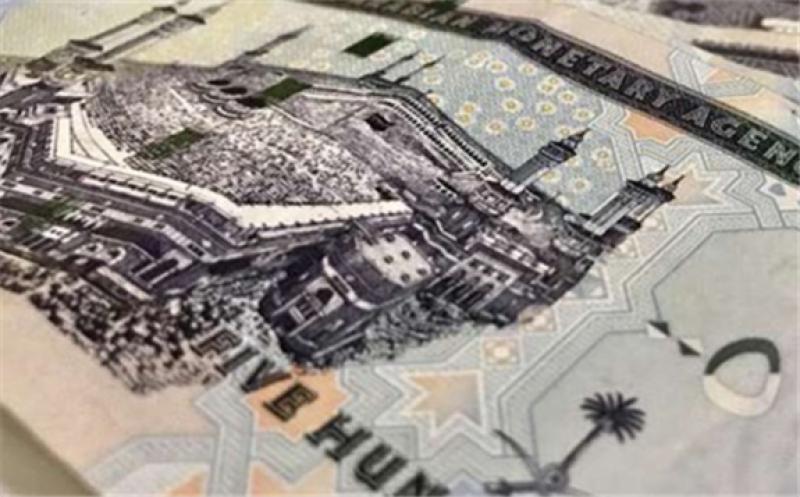The world’s largest oil exporter, Saudi Arabia, could see its budget deficit drop to below 5 percent of gross domestic product (GDP) this year if oil prices average $60 per barrel, according to estimates from Moody’s carried by Arab News.

Last year, the deficits of all oil-producing nations ballooned as oil prices collapsed at the onset of the pandemic and during the short-lived oil price war for market share between OPEC+ allies Saudi Arabia and Russia. The Kingdom was forced by oil market circumstances to implement some unpopular austerity measures, including a triple increase in value-added tax (VAT) and the cancellation of so-called cost-of-living allowances for civil servants.
As per estimates from the International Monetary Fund (IMF), Saudi Arabia’s fiscal deficit soared to 11.3 percent of GDP in 2020, compared to a deficit of 4.5 percent of GDP in 2019.
This year, due to the higher oil prices and the gradual easing of the OPEC+ production cuts amid growing global demand, Saudi Arabia is set to bring its deficit to a single-digit percentage of GDP, and even below 5 percent, according to Moody’s.
Saudi Arabia narrowed its deficit to US$1.97 billion (7.4 billion Saudi riyals) in the first quarter of 2021, official data showed on Tuesday.
To compare, at the height of the oil crisis in the second quarter of 2020, Saudi Arabia’s deficit surged to as much as US$29 billion.
“The decline in the government budget deficit during the first quarter of this year relative to the fourth quarter of 2020 is mostly due to higher oil prices and a large seasonal drop in spending,” Alexander Perjessy, vice president, senior analyst at Moody’s, told Arab News.
The IMF, for its part, expects Saudi Arabia’s fiscal deficit to decline to 4.2 percent of GDP this year, the fund said in its latest report on the Kingdom earlier this week.
The fund, however, warned that Saudi Arabia needs to continue with structural reforms to improve its finances.
“The VAT rate increase, the removal of the Cost-of-Living Allowances (COLA), the increased focus on the efficiency of capital spending, and planned further domestic energy price reforms are all important contributors to the planned fiscal adjustment and should not be reversed or delayed,” the IMF noted.